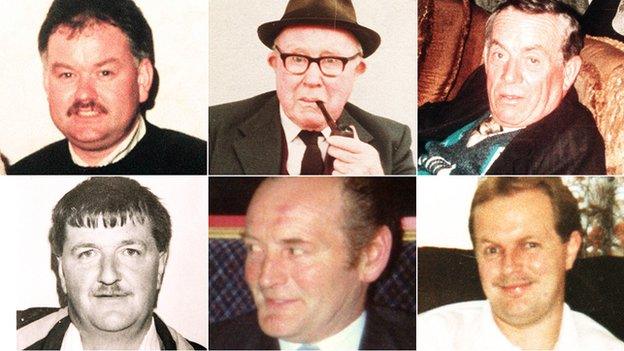Loughinisland massacre: Survivor makes plea for truth
- Published
Colm Smyth, who was shot four times in the attack, called on those with information to come forward
A survivor of the Loughinisland massacre, in which six men were shot dead in a County Down bar by loyalists, has called for those responsible to come forward.
Colm Smyth was shot four times as he sat with friends in the Heights Bar watching Ireland play Italy in the World Cup on 18 June 1994.
The Ulster Volunteer Force (UVF) claimed responsibility for the attack.
No-one has ever been convicted of the killings.
Speaking to BBC Radio Ulster's Sunday Sequence programme on Sunday, Colm Smyth said he did not feel bitter towards those responsible for the atrocity.
He said: "The shame and the guilt that they carry must be a thousand times worse. There's nothing I could do to the men that carried out the atrocity that will ever come close to what they've felt every day of their lives since that."
He told the programme that "the truth costs nothing" and asked those with information about the gun attack to come forward.
'Normal life'
"All I ask if they are listening is to take the human approach and not make this a political process, because I think that's where our problems are created," he said.
"Whether you're Catholic, Protestant, loyalist or republican, you're a human being with a mother or father, child, aunt or uncle. We've all lost people.
"There are families out there that have spent every day, every waking hour of the last 20 years trying to get to the truth of what happened to their loved ones, and they can't live a normal life until they get there."
The six men killed in the shooting were 34-year-old Adrian Rogan, Malcolm Jenkinson 53, Barney Greene, 87, Daniel McCreanor, 59, Patrick O'Hare, 35, and Eamon Byrne, 39.
All were Catholic civilians. Mr Greene was one of the oldest people to be killed in the Northern Ireland Troubles.
Witnesses said that the killers laughed as they ran to their getaway car.
'We're being hit'
Mr Smyth had remained silent about the attack until recently, when he decided to write a book detailing the events of that night.
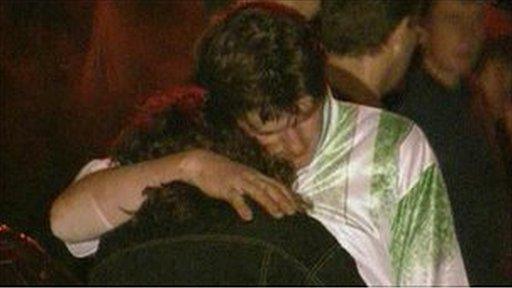
Six Catholic men were killed in the UVF attack
He told the programme the shooting was over in about 30 seconds.
"There was no warning, no screeching of tyres outside or anything like that. I saw flashes of lights in the mirror behind the bar, and this is all happening in a split second. Then you hear bang, and I automatically turned to look at the door of the pub as there was only one way in, and one way out," he said.
"I just saw two men in balaclavas and boiler suits. I knew what was happening - we all know that image - and I knew that the bar was being attacked.
"My exact words were 'We're being hit'.
"I fell back onto the tiled floor and Malcolm fell on top of me. As I looked back out, I bent my head forward to look towards the door and they were gone. It was just a horrendous experience."
'Burden'
Mr Smyth said he had put the memory of the atrocity in the back of his mind for many years, and would tell people: "Loughinisland was something that happened to me, but it wouldn't define me."
He said: "I thought I could just be a normal guy, but that phrase I had was actually wrong. Loughinisland defined me in a very big way but I'd just been denying it for many years.
"I just needed to get underneath it and take ownership of it from my point of view, so I took all those diaries, took all those notes, wrote them all down and started to write how I felt today."
He said it was important for families of the victims to hear the truth, and pleaded with those with information to speak out.
"Give the living a chance to live, come forward, be open - because I know it will make them feel a lot better," he said.
"It will help us but it will definitely help them a lot more than it will ever help us, to get that burden off their shoulders."
- Published20 December 2012
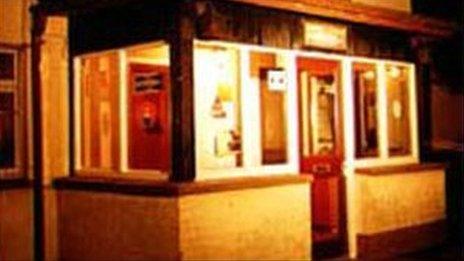
- Published26 June 2012
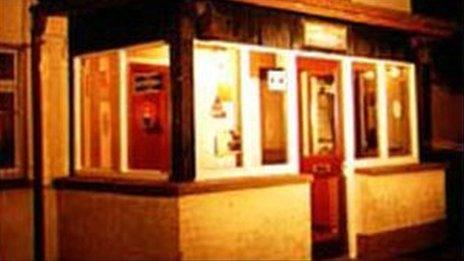
- Published19 June 2012
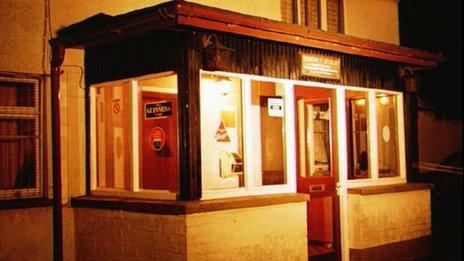
- Published20 February 2012

- Published24 June 2011
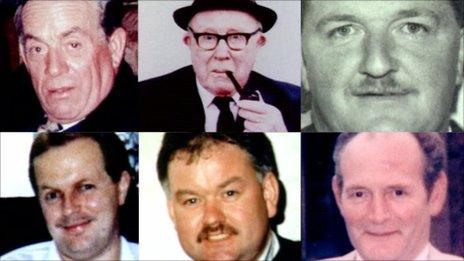
- Published9 June 2016
